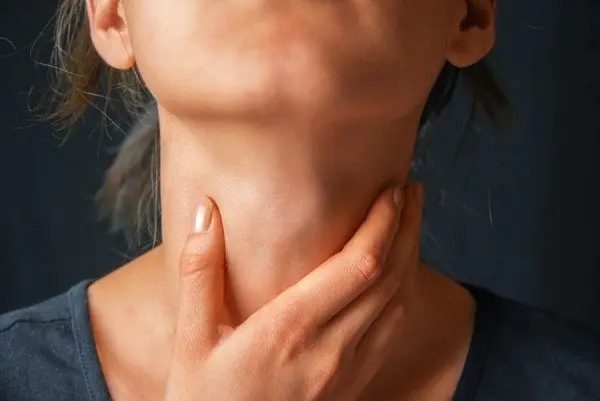
How to Fade Age Spots: Causes, Treatments, and Prevention That Actually Work
How to Fade Age Spots: Causes, Treatments, and Prevention That Actually Work
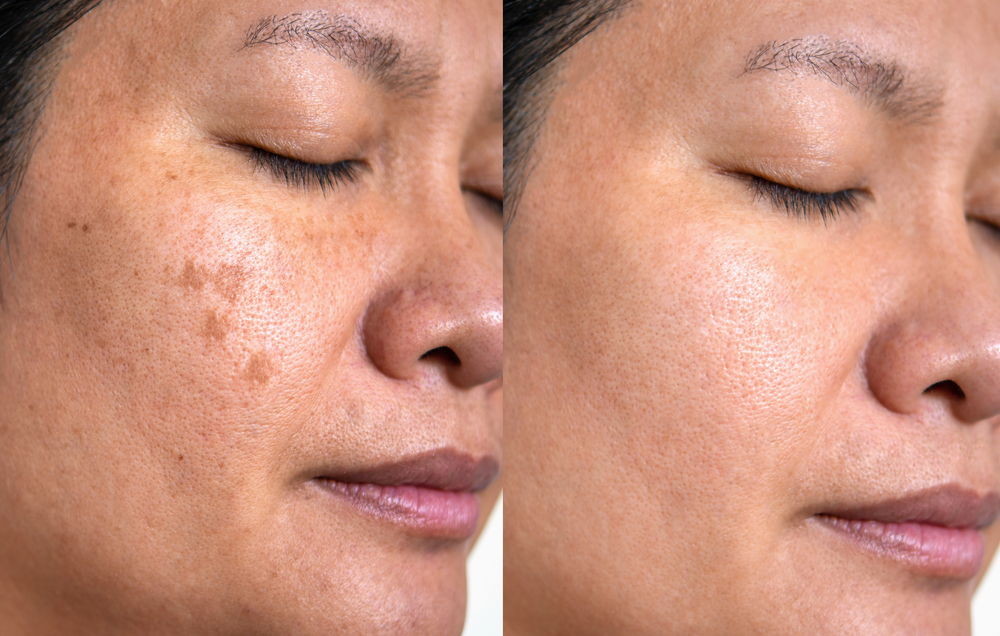
Aging is a natural part of life — and for many, a blessing. While it’s common to stress over wrinkles or grumble about greying hair, reaching an age where we get to witness these changes is a privilege. That said, wanting to take care of your skin as you age isn’t vanity — it’s self-respect. And one of the most common skin-related concerns that come with age are age spots.
If you’ve ever noticed small, dark patches on your face, hands, or shoulders, you’re not alone. But the good news is this: there are effective ways to prevent, treat, and even reverse the appearance of these spots — all while improving the overall health of your skin.
What Are Age Spots, Exactly?
Also known as liver spots, sun spots, or solar lentigines, age spots are flat, darker areas on the skin. They usually appear in adults over 50, but can also develop earlier — especially if you’ve had a lot of sun exposure.
They’re most commonly seen on the face, hands, shoulders, arms, and upper back — basically, any area that’s often exposed to the sun.
While they’re harmless and don’t require treatment for health reasons, they can be frustrating from a cosmetic point of view. And in rare cases, they can make it harder to notice dangerous changes in your skin, like melanoma.
Why Are They Called “Liver Spots”?
The term “liver spots” is a misnomer. Decades ago, people incorrectly believed that these dark spots were caused by liver problems. In reality, they have nothing to do with your liver. They’re caused by long-term exposure to ultraviolet (UV) radiation, which triggers an overproduction of melanin in certain areas.
So while the name has stuck, dermatologists today prefer “age spots” or “sun spots” to describe these harmless — yet sometimes stubborn — patches.
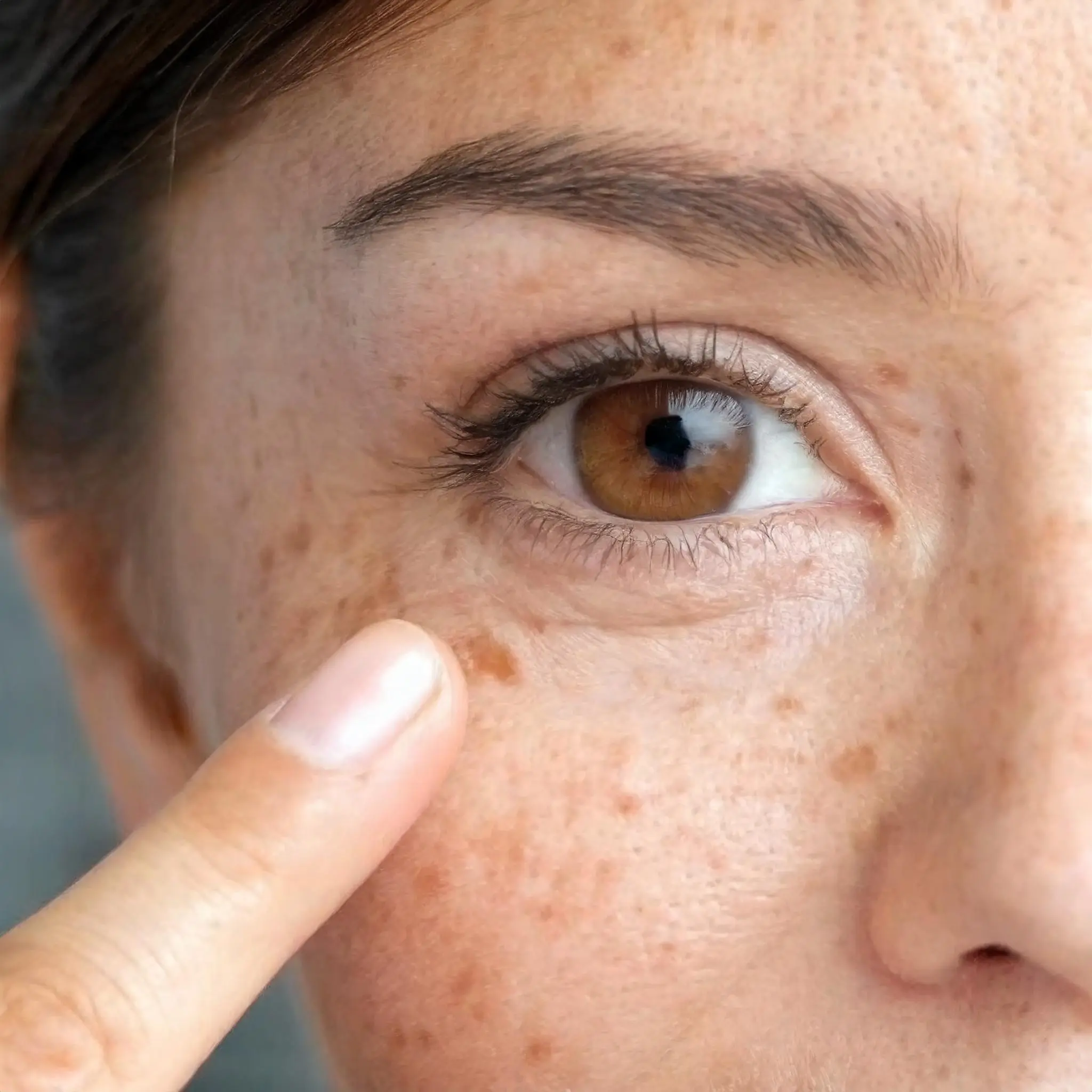
What Causes Age Spots?
The primary cause? UV exposure. Whether from the sun or tanning beds, repeated exposure over the years can cause melanin — the pigment that gives skin its color — to build up in concentrated areas.
Some common contributing factors include:
-
Cumulative sun exposure over time
-
Fair or light skin, which is more prone to UV damage
-
History of sunburns
-
Use of tanning beds
-
Aging, which reduces your skin’s ability to recover from sun damage
Even if you've always worn sunscreen, decades of exposure can still catch up with you. And while age spots themselves are harmless, the same behaviors that cause them — like chronic sun exposure — can lead to much more serious concerns, including skin cancer.
Recognizing Age Spots: Symptoms and Diagnosis
Age spots typically:
-
Are flat, with an oval shape
-
Range in color from light brown to dark brown
-
Vary in size — from freckle-sized to larger patches
-
Do not fade over time like freckles might
They tend to appear more in areas exposed to the sun, but it's important to monitor your skin regularly. If a spot is:
-
Very dark or black
-
Has irregular borders
-
Changes in size, shape, or color
-
Begins to itch, bleed, or become raised
…then it should be checked immediately by a dermatologist. Sometimes, what looks like a sun spot could be something more serious.
Treatment Options for Age Spots
While you don’t have to treat age spots, many people choose to lighten or remove them for cosmetic reasons. Thankfully, there are several dermatological procedures that can help — all of which should be performed by a licensed professional.
1. Chemical Peels
Chemical peels involve applying a mild acid solution to the skin, which removes the outer layer. This encourages the growth of new, more even-toned skin. Superficial peels work well for lighter spots, while deeper peels are used for stubborn pigmentation.
Pro Tip: Always get a chemical peel done by a licensed dermatologist to avoid irritation or scarring.
2. Dermabrasion
This technique uses a high-speed device to “sand down” the surface of your skin. It removes the top layer, allowing new, smoother skin to replace it. It’s especially helpful for those with larger or more prominent sun spots.
Note: Healing can take several days to weeks, and post-procedure sun protection is absolutely essential.
3. Laser Resurfacing
Laser treatments target melanin directly, breaking up pigmentation in the skin without damaging surrounding tissue. These procedures also stimulate collagen production, improving overall skin texture.
Laser resurfacing is precise, effective, and customizable, making it one of the most popular treatments available today.
4. Skin Biopsy (When Needed)
If you or your dermatologist suspect that a spot may be something more serious — like a precancerous lesion — a biopsy may be done. This involves removing a small sample of skin for lab analysis. While not a treatment, it’s critical for ensuring your skin health.
Prevention: Your Best Line of Defense
Preventing age spots is far more effective — and affordable — than treating them. The biggest key? Protecting your skin from UV radiation.
Here’s how:
-
Avoid tanning beds and direct sunbathing
-
Use a broad-spectrum sunscreen with SPF 30 or higher
-
Reapply every 2 hours, or after swimming or sweating
-
Wear protective clothing, such as hats and long sleeves
-
Seek shade between 10 a.m. and 2 p.m., when UV rays are strongest
-
Check your skin monthly for new or changing spots
Remember: preventing age spots means you're also preventing premature aging and skin cancer.
Zinc: A Skin-Saving Mineral
Zinc plays a powerful role in skin health. It supports collagen production, fights oxidative stress, and helps repair damaged tissues. Zinc oxide, a mineral sunscreen, acts as a physical UV barrier and is ideal for sensitive or aging skin.
There’s also growing evidence that topical zinc treatments and supplements may help manage pigmentation disorders, though more research is needed. Always consult your doctor before starting a zinc supplement.
Do Natural Remedies Work?
Yes — to a point. Several natural ingredients may lighten or brighten the skin gently over time. These include:
-
Lemon juice (contains vitamin C and citric acid)
-
Apple cider vinegar (natural exfoliant)
-
Aloe vera (soothes and hydrates)
-
Green tea extract (rich in antioxidants)
But don’t expect overnight miracles — and remember that “natural” doesn’t always mean “safe.” Test for reactions and talk to a dermatologist before trying DIY solutions, especially if you have sensitive skin.
The Bottom Line: Embrace Your Skin, But Protect It
Age spots are normal — and if you have them, it simply means you’ve lived a life out in the sunshine. There’s no shame in that. But if they bother you, you have options.
More importantly, caring for your skin means reducing your risk of something far more dangerous than a few dark patches — skin cancer.
So wear sunscreen, skip the tanning bed, get your skin checked regularly, and most of all — appreciate the skin you’re in. Your health, not just your appearance, will thank you for it.
News in the same category

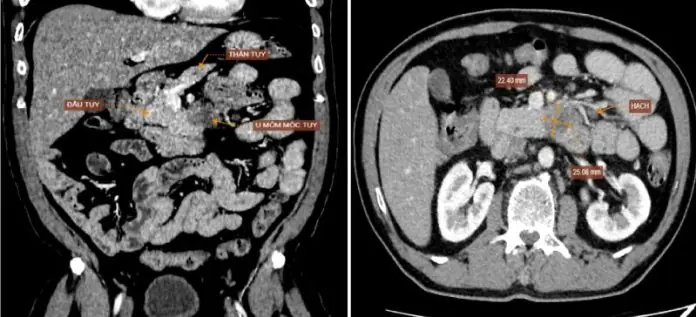
Discovered to Have One of the Deadliest Cancers After Just One Warning Sign
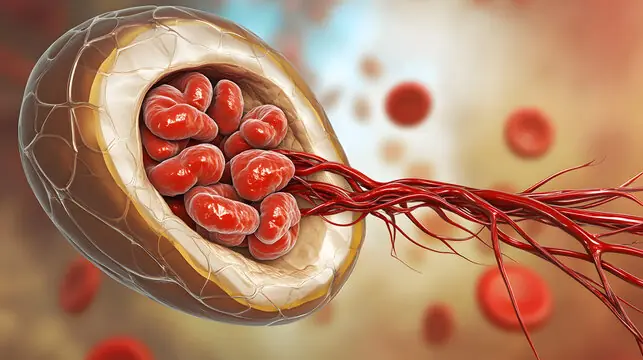
New Tiny Machine Removes Cholesterol from Arteries Without Surgery
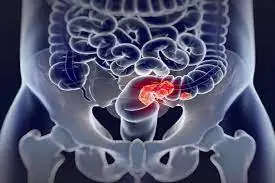
Powerful Simulation Reveals How Cancer Progresses and Ultimately Causes Death

Three Family Members Diagnosed with Thyroid Nodules – The Mother Collapses: “I Thought Eating More of Those Two Things Prevented Cancer”
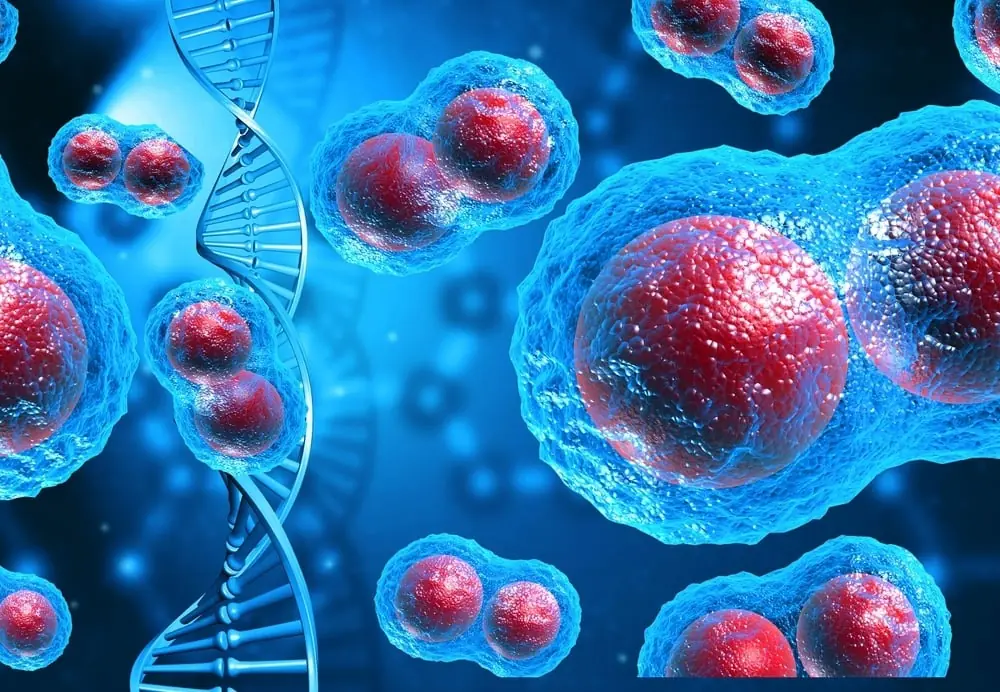
A Family of Four Siblings Diagnosed with Stomach Cancer – Doctor Shakes His Head: Two "Deadly" Common Habits Many People Share
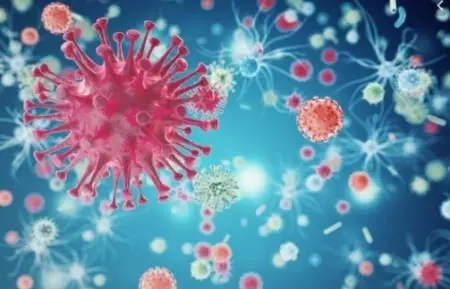
A 49-Year-Old Man Dies of Brain Hemorrhage – Doctor Warns: No Matter How Hot It Gets, Don't Do These Things
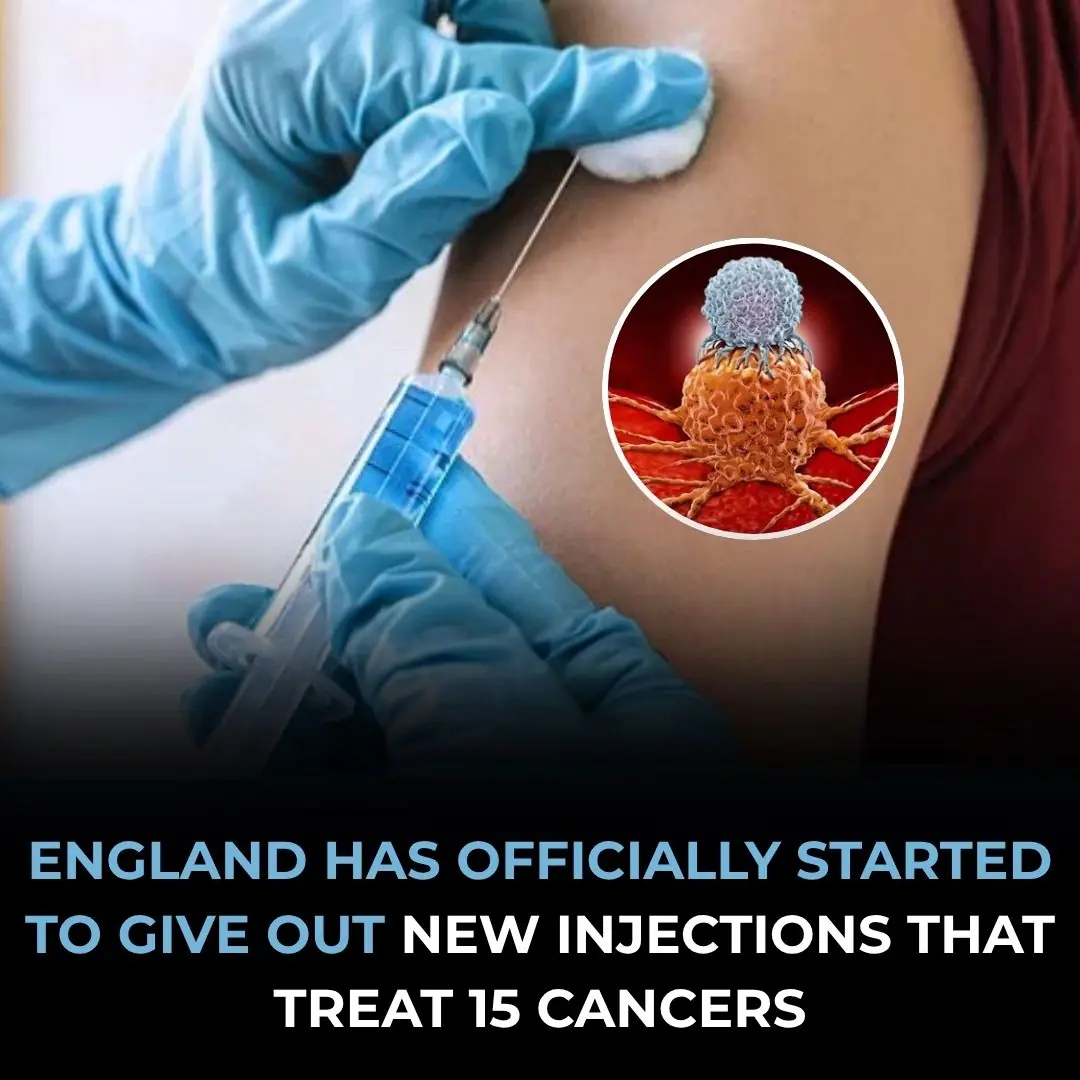
England Has Officially Started To Give Out New Injections That Treat 15 Cancers
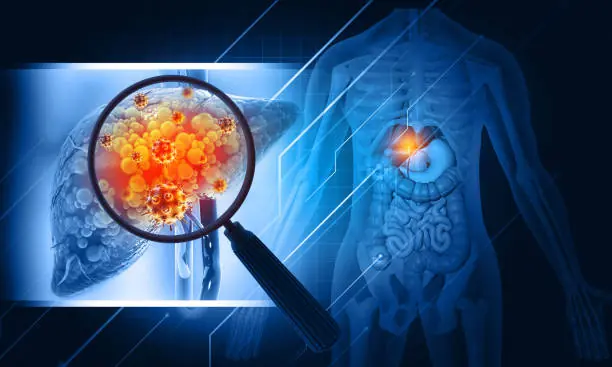
Early Warning Signs of Liver Damage — And How to Protect and Strengthen Your Liver Naturally
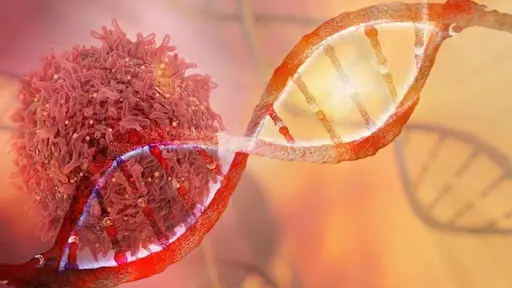
Two Itchy Areas on the Body May Signal Liver Cancer—Many Mistake It for an Allergy
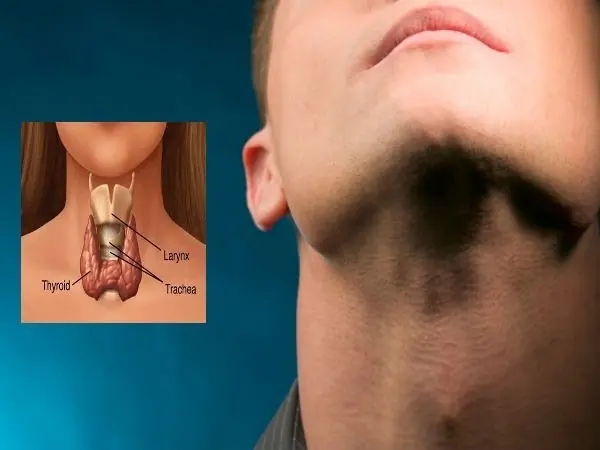
The Number of People with Thyroid Nodules Is Increasing! Doctors Repeatedly Emphasize: Eat Fewer Tomatoes and More of These 3 Foods
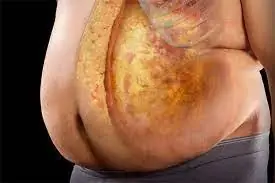
More and More People Are Suffering from Visceral Fat! Doctor: 9 Foods That Help Reduce Visceral Fat – Eat Them Regularly
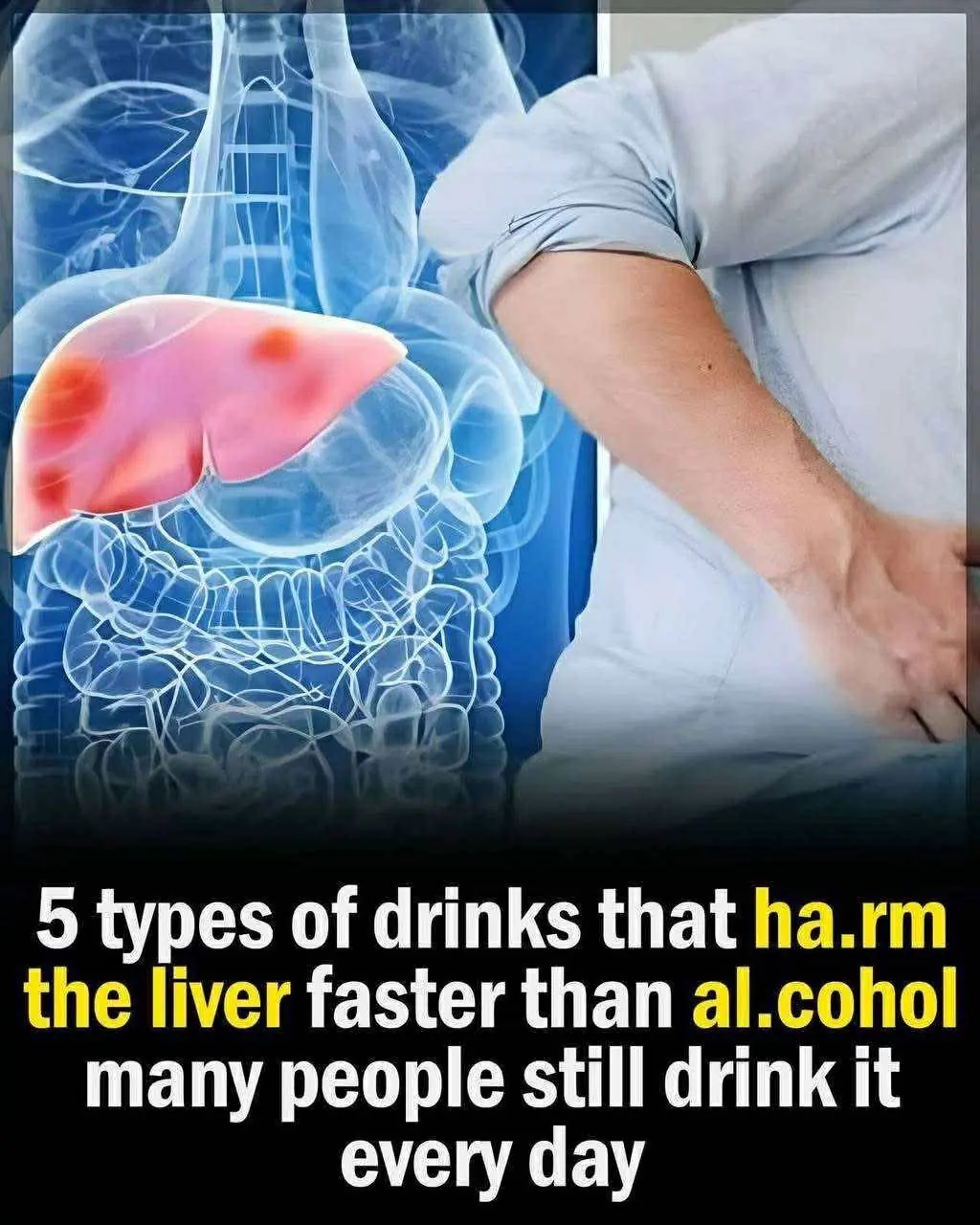
5 everyday drinks that can harm your liver like alcohol

Your Guide to Preparing for the Gynecologist: 10 Key Dos and Don’ts

A 6-year-old boy diagnosed with late-stage canc3r, his father regrets after doctors reveal the cause linked to a popular type of beverage
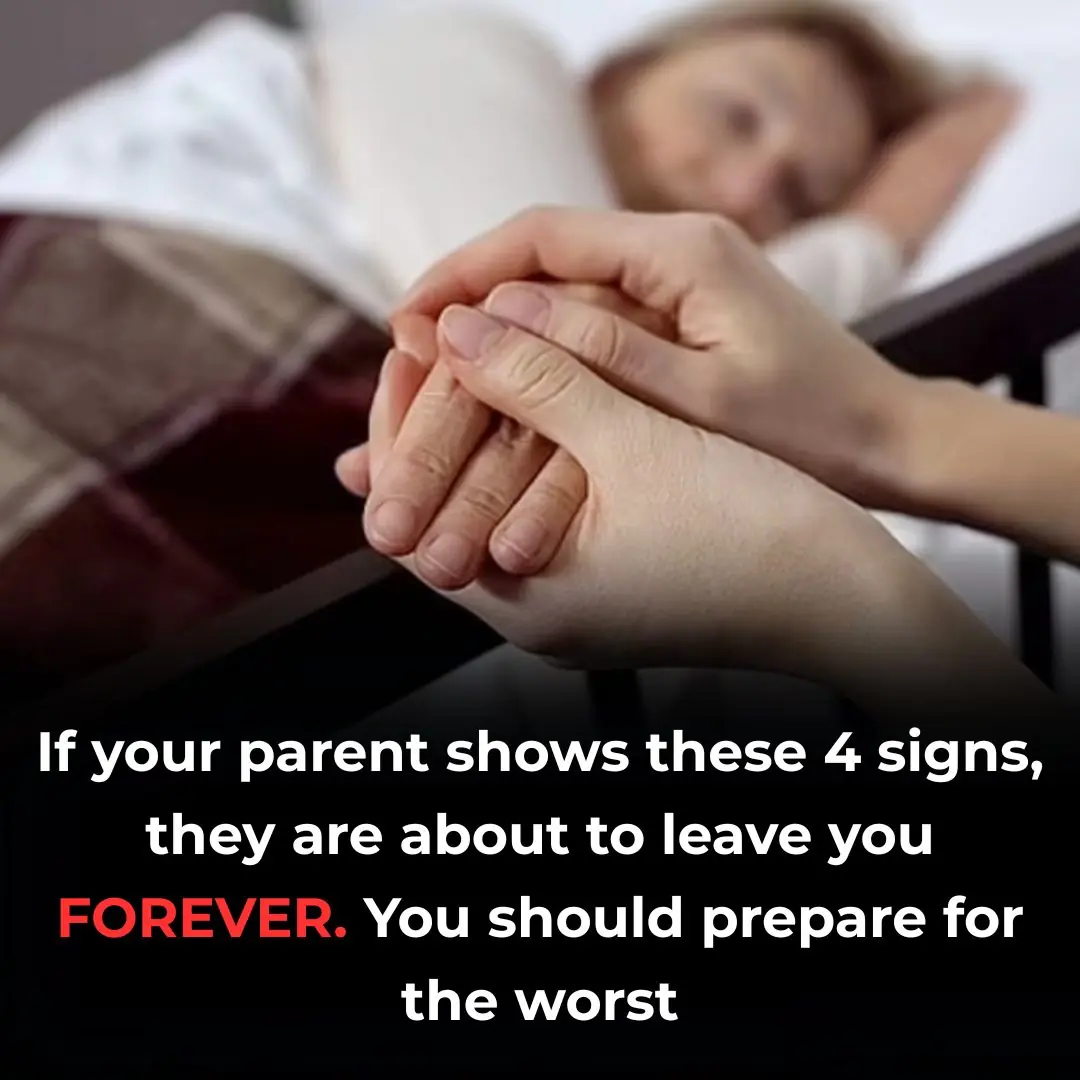
If Your Parent Shows These 4 Signs, They May Be Nearing the End of Life. Prepare Yourself for What’s to Come
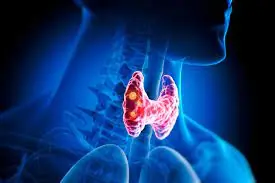
Top 13 Signs That You May Have a Thyroid Disorder
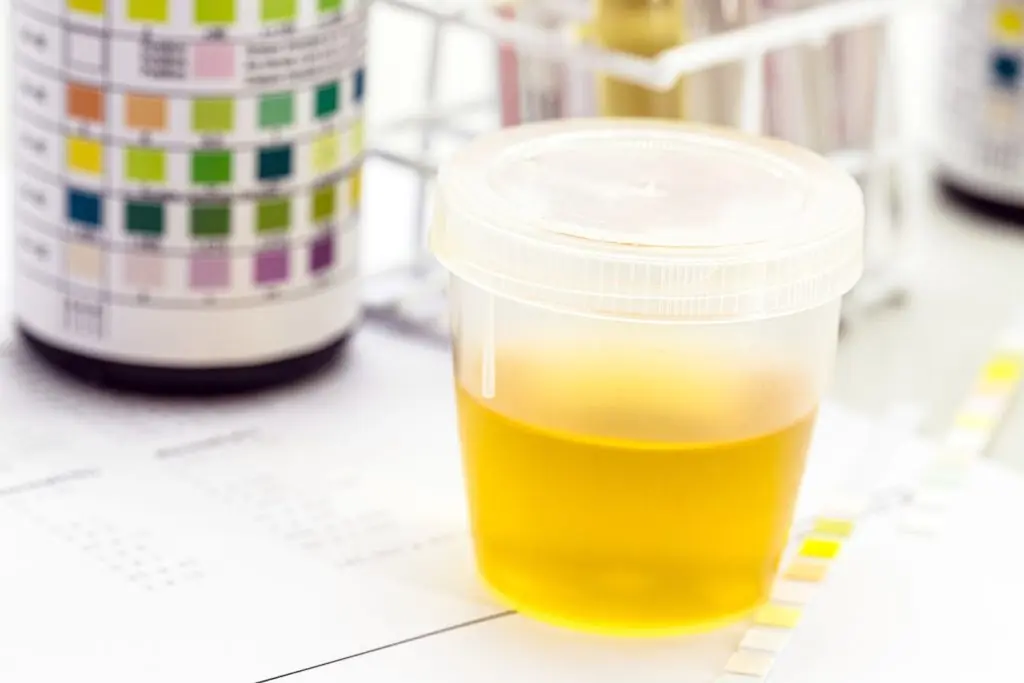
What Can Your Urine Tell You About Your Health?
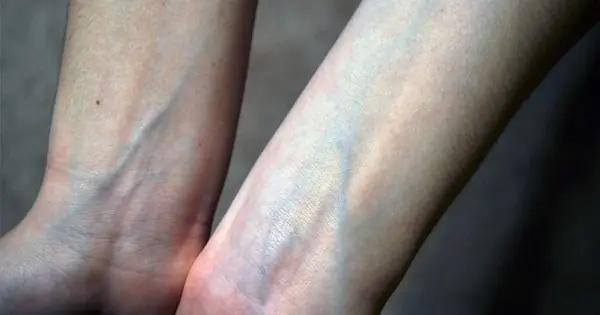
If You See Someone with Prominent Blue Veins, You Must Tell Them This — It Could Save Their Life
News Post

Afraid of Surgery, the Woman Used This for 6 Years to Shrink Her Tumor Based on a Tip – Oncologist’s Four Words Left Everyone Stunned

Discovered to Have One of the Deadliest Cancers After Just One Warning Sign
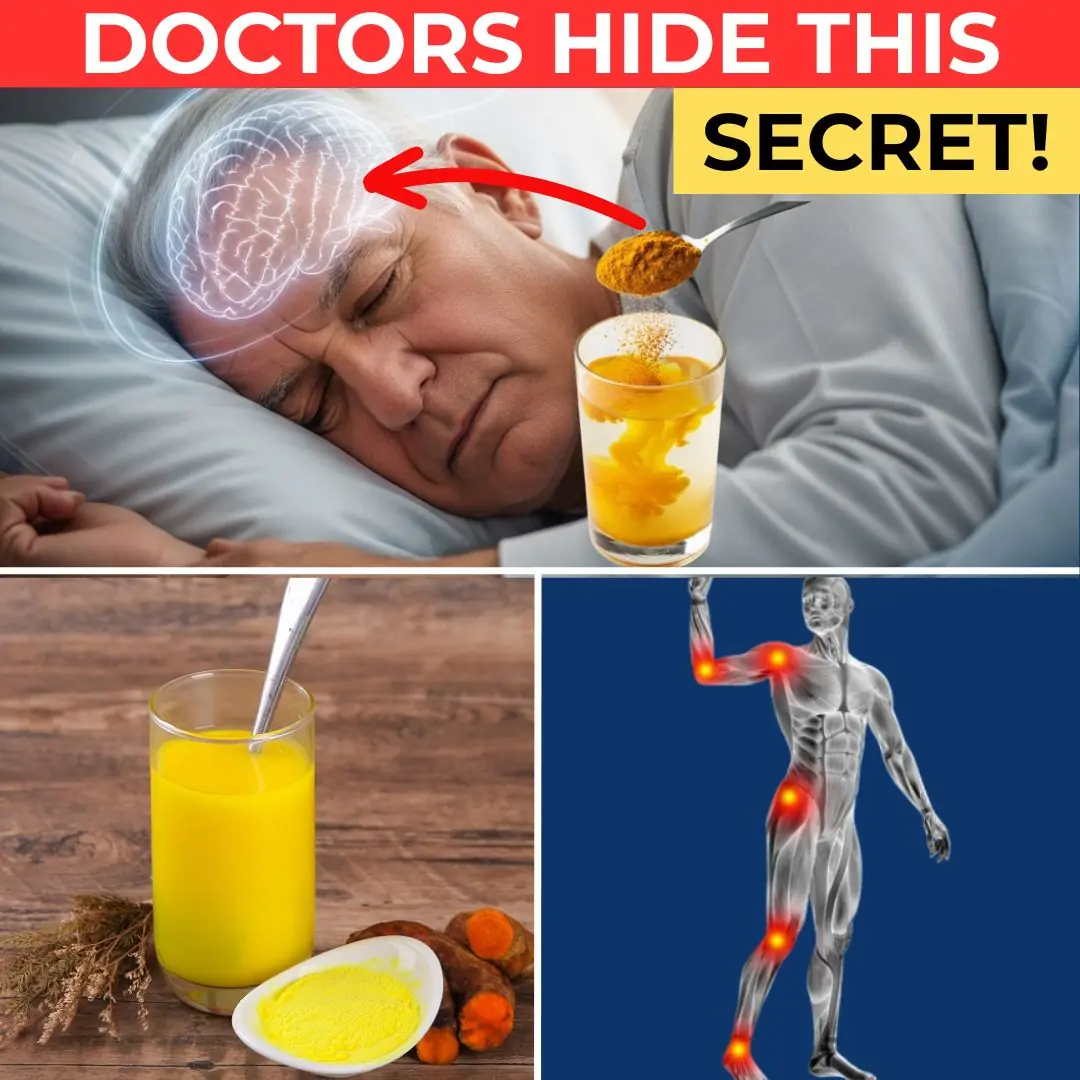
The Surprising Benefits of Drinking Turmeric Water at Night: 8 Reasons You Should Make It a Habit Today 🌙
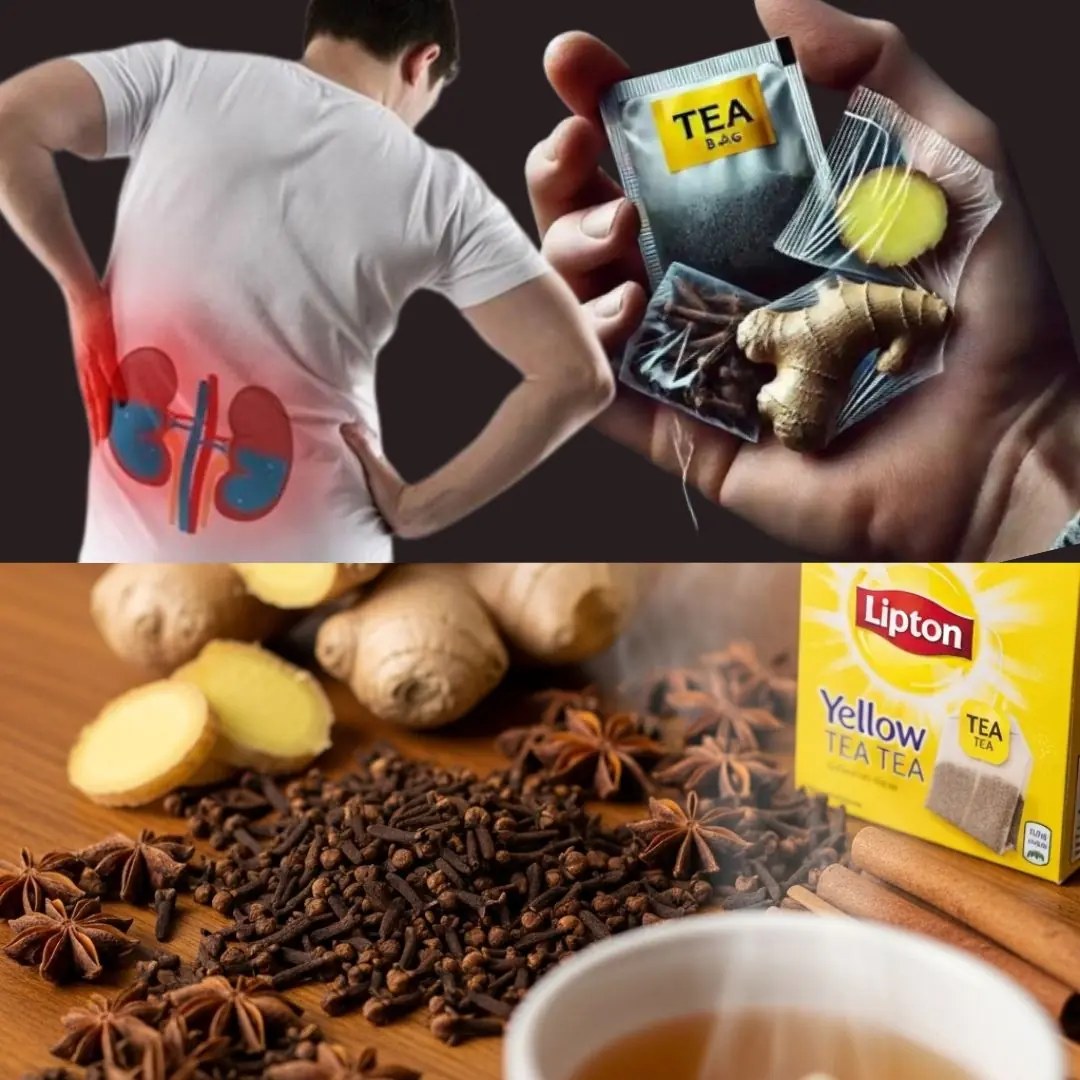
Cloves, Ginger, and Lipton Tea: A Health-Boosting Trio Worth Gold

New Tiny Machine Removes Cholesterol from Arteries Without Surgery

Powerful Simulation Reveals How Cancer Progresses and Ultimately Causes Death

At My Husband’s Birthday Party, My Son Pointed and Said, 'That’s Her. The Same Skirt.'

My Husband Took Me on a Surprise Cruise — But When I Opened the Door, Everything Fell Apart

My Wife Found a Midnight Hobby – It Nearly Drove Our Neighbors Away

I Got Seated Next to My Husband’s Ex on a Flight – By the Time We Landed, My Marriage Was Over

One Day, I Saw a 'Just Had a Baby' Sticker on My Boyfriend's Car — But We Never Had a Baby
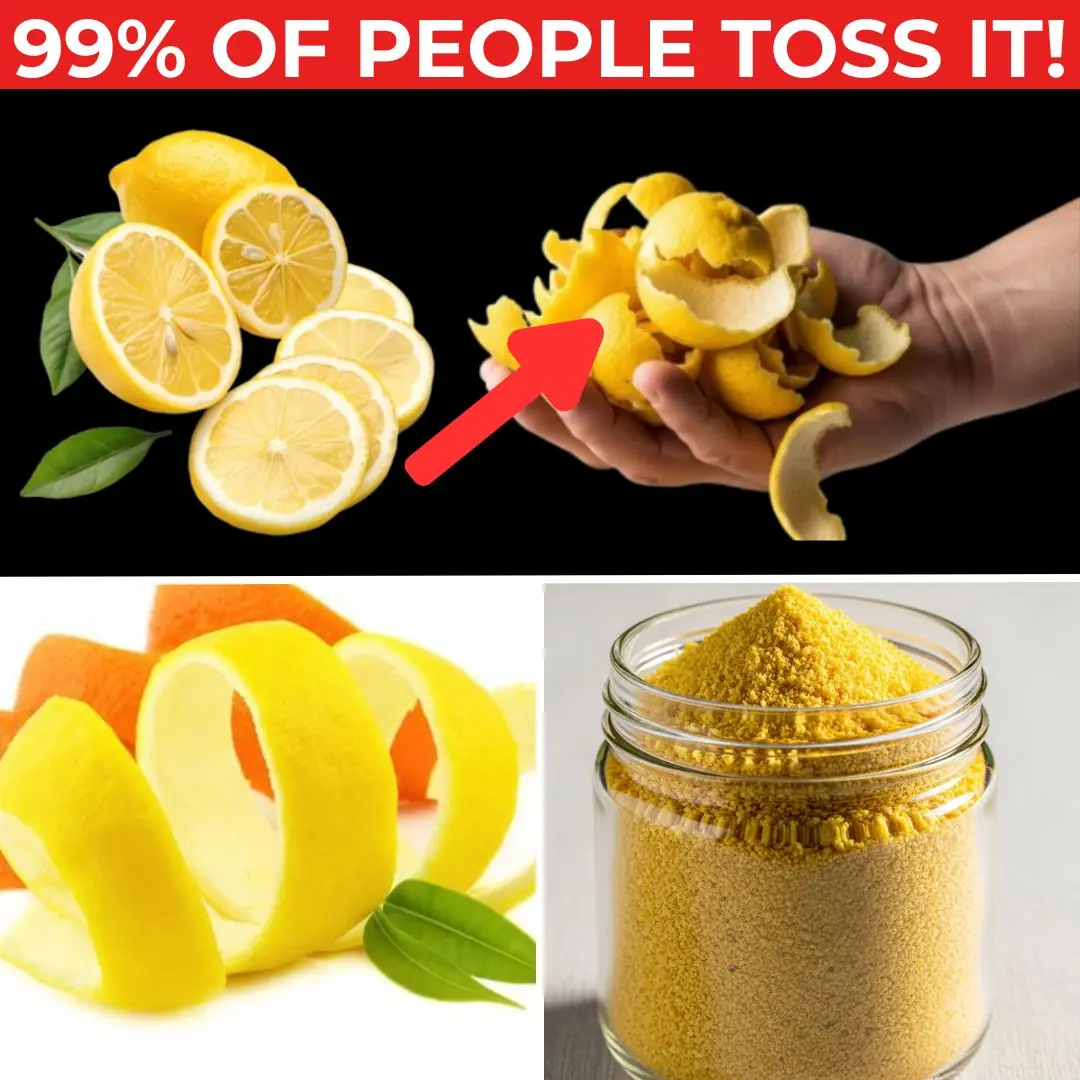
Never Throw Away Lemon Peels Again: 12 Unusual Ways to Use Them
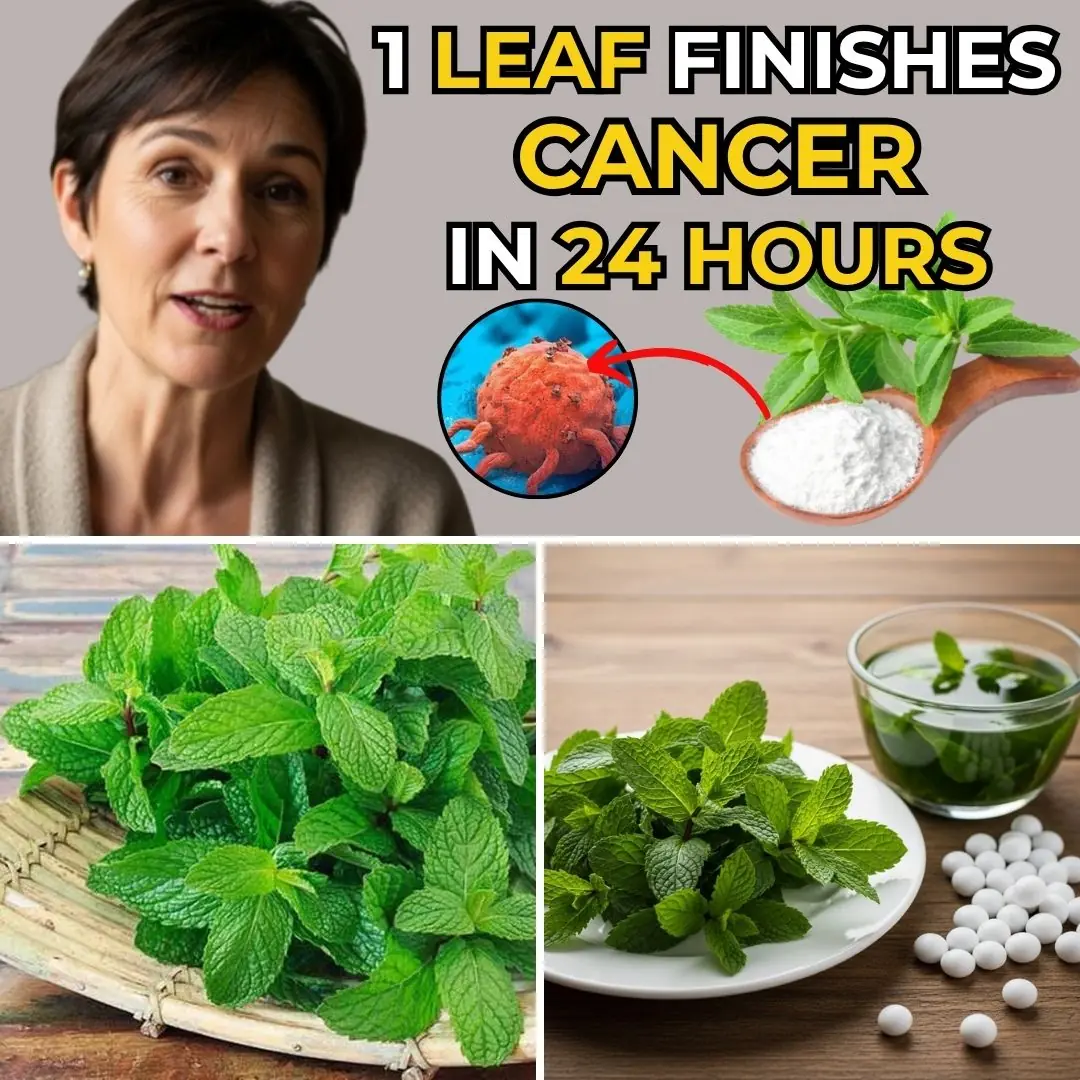
How People Over 50 Can Supplement Fiber for Better Health
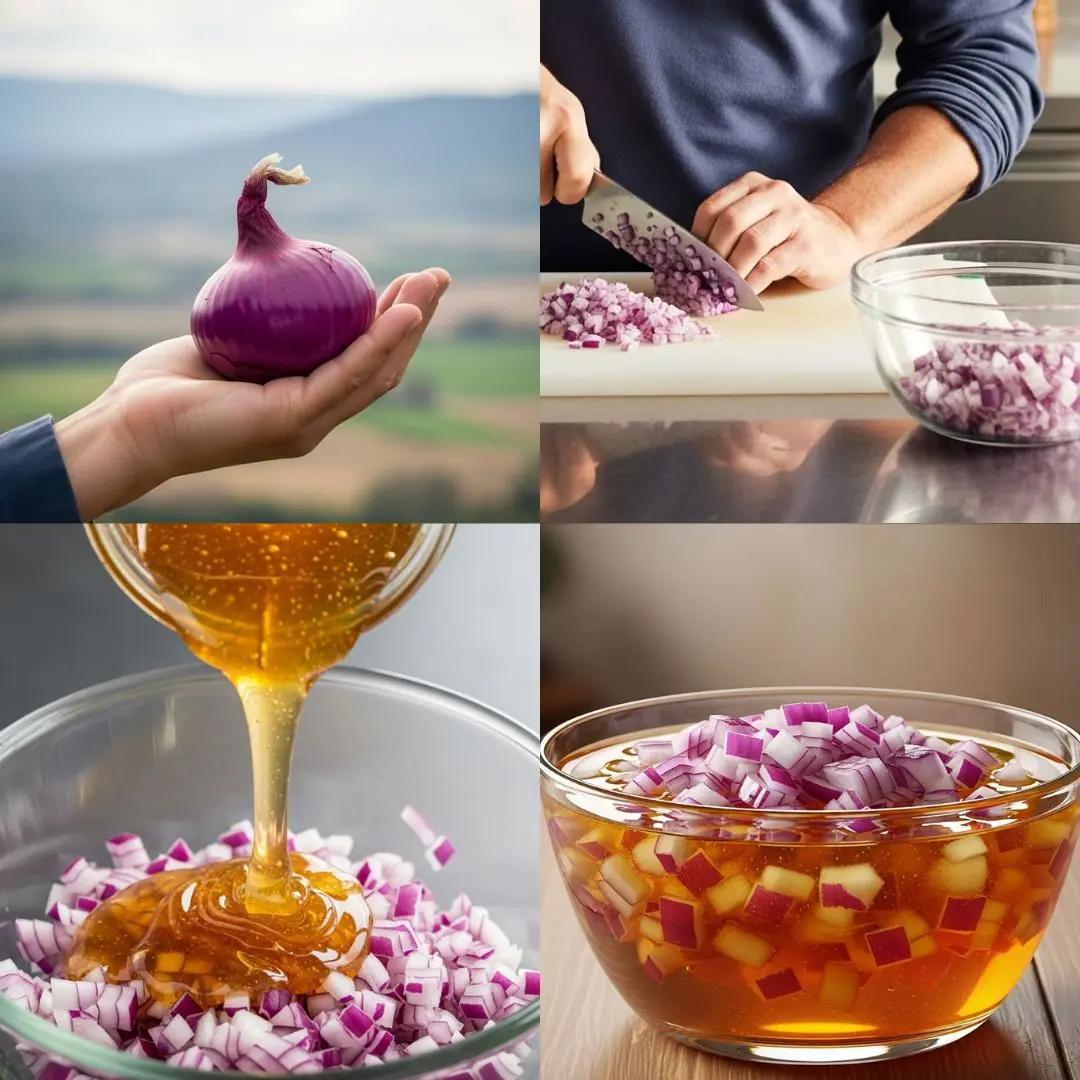
Unleash Your Inner Alpha: The Natural Nighttime Boost You Need
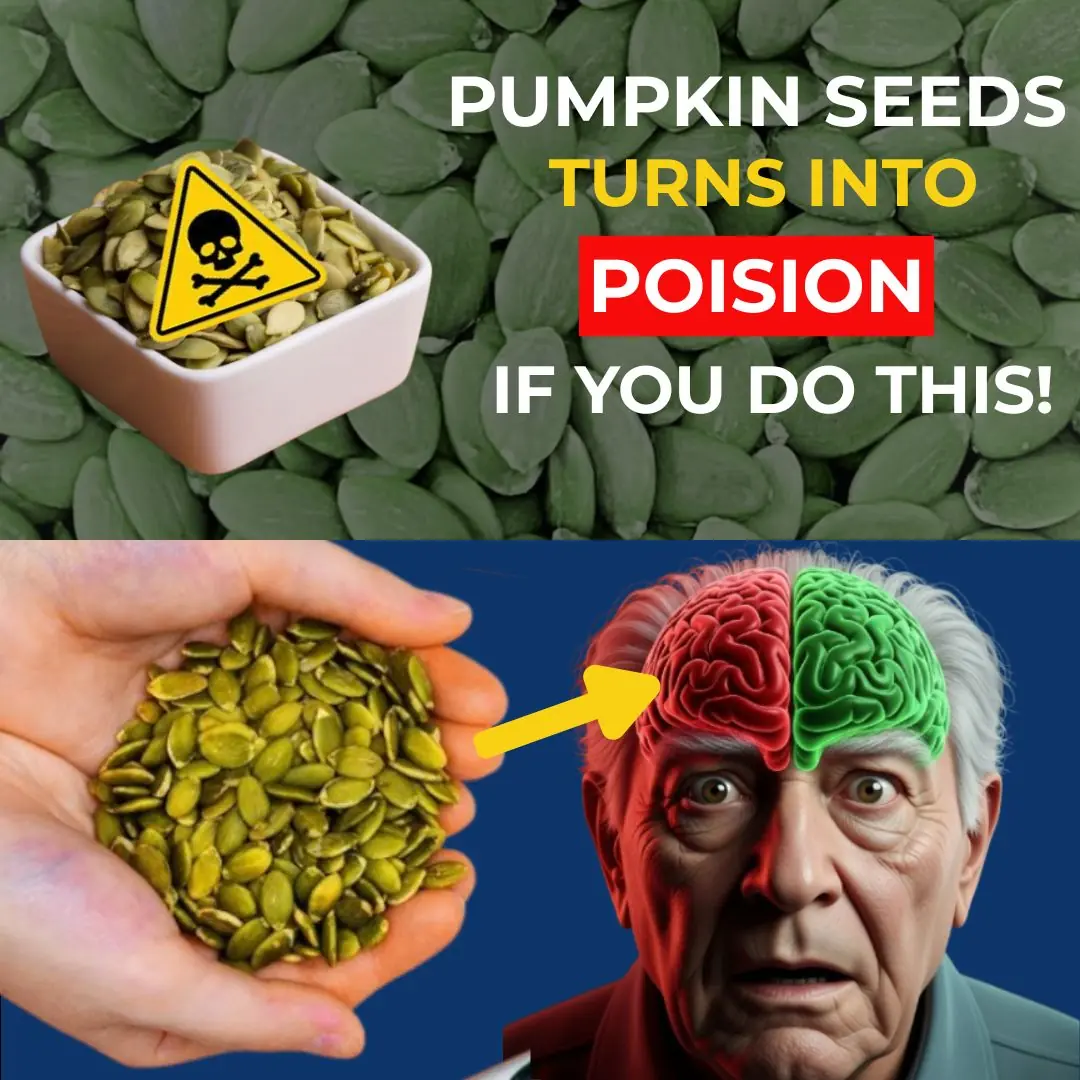
Stop Now! These 8 Pumpkin Seed Mistakes Trigger Irreversible Reactions in Your Body

The photograph of a little boy who became one of the most recognizable men today

Three Family Members Diagnosed with Thyroid Nodules – The Mother Collapses: “I Thought Eating More of Those Two Things Prevented Cancer”

A Family of Four Siblings Diagnosed with Stomach Cancer – Doctor Shakes His Head: Two "Deadly" Common Habits Many People Share

A 49-Year-Old Man Dies of Brain Hemorrhage – Doctor Warns: No Matter How Hot It Gets, Don't Do These Things
